 There is so much that can be done for problems with sleep without taking anything at all. Finding the perfect substance to put you to sleep is not going to do anything for insomnia- hangover or no hangover, dependence or no dependence.
There is so much that can be done for problems with sleep without taking anything at all. Finding the perfect substance to put you to sleep is not going to do anything for insomnia- hangover or no hangover, dependence or no dependence.
Generally, there is some reason for trouble sleeping such as erratic schedules, chronic stress, stimulant use, chronic disease/pain, or mental imbalance such as anxiety or depression. One major reason for waking at 3-4 AM is blood sugar imbalance, whereby the blood sugar gets too low and cortisol is released to stimulate the production of more glucose (gluconeogenesis). A protein snack before bed can help with this problem.
Another common reason for insomnia is an imbalance in the timing of release of epinephrine (adrenaline). Normally, you produce more in the morning than in the evening. This makes sense if you just think of adrenaline as ‘energy’. When we look at samples of saliva from people who have chronic stress and trouble sleeping, we often find that they have adrenaline drops in the morning and spikes in the evening. This is a result of adrenal gland function not being optimal due to effects of chronic stress, stimulant use, etc. There are a number of herbs which optimize adrenal function and set you back up in the morning adrenaline pattern. My favorite ones are ashwagandha, eleuthero (Siberian ginseng), licorice, and schisandra. Licorice can raise blood pressure in people who have high blood pressure.
Pure Encapsulations’ Cortisol Calm is one of my favorite adrenal formulas.
Even having one cup of coffee every morning is enough to perpetuate insomnia and cause an imbalance in adrenaline production. Caffeine also decreases melatonin production and can disturb blood sugar balance, both of which interfere with sleep. Following are a couple of articles addressing caffeine and epinephrine (adrenaline):
http://tinyurl.com/2n8vhb
http://tinyurl.com/2j533s
Discovering the causes of insomnia and addressing them will help you to sleep well without sleep aids. That being said, getting sleep is essential to functioning and a necessary place to start. Reversing chronic conditions and life patterns can take time. You need to sleep first! There are a number of supplements which are extremely effective.
Valerian is the most popular sedative herb because it is one of the strongest and is quite effective, but is by no means the best. Many people report a hangover effect and about 5% of people unfortunately report a stimulant effect! Plus it smells like dirty socks! The volatile oils, particularly valerenic acid, bind to GABA-A receptors leading to the release of g-aminobutyric acid (GABA) which inhibits the release of other neurotransmitters (like hormones in the brain). GABA is basically a calming amino acid. Valerian’s volatile oils also inhibit the breakdown of GABA. The net effect is sedation of the central nervous system (CNS). Valerian is also a muscle relaxant.
Other great sedative herbs include passionflower, hops (not alcohol- it can cause you to wake up 2-3 hours later that makes it not desirable as a sleep aid), skullcap, oats, and California poppy. None of these have been shown to produce any physical dependence, but anything that helps you sleep can produce a psychological/behavioral dependence. “I took this and it helped me sleep. If I don’t take it, I might not be able to get to sleep.”
For problems falling asleep, the best herbs to use are passionflower and ashwagandha. For problems staying asleep, the best herbs to use are skullcap and St John’s Wort. St. John’s Wort should not be used with mood medications like Prozac and Zoloft. Valerian is good for both types of insomnia.
Vitanica’s Sleep Blend is one of my favorite sleep formulas.
Magnesium is a muscle relaxant. Taking a calcium-magnesium combination is a perfect and simple solution for many people for whom the cause of insomnia is physical- muscle pain, spasm, tension, etc.
Melatonin is a hormone and regulates your sleep cycles- whether or not it has direct sedative properties is under debate- but it is not a classic sedative. Therefore, taking more will not make you more sleepy. It is interesting to note, however, that melatonin is one of the most potent antioxidants and has great results in cancer treatment with doses for cancer patients being ~20 mg per day. Melatonin does not work in people who do not have low levels of circulating melatonin already– thus the variation in effect. Long term melatonin supplementation has been associated with rebound insomnia as well as disruptions in the body’s melatonin production.
5HTP has been shown to reduce trouble falling asleep as well as staying asleep. It increases REM sleep and deep sleep while decreasing the time it takes to fall asleep. It should not be used with mood medications such as Prozac and Zoloft.
Using some of the above suggestions can help you sleep right away- they will not cure insomnia. If you want to change insomnia and actually be able to sleep, you need to determine the cause and change that. I can help you to be free of insomnia.
Trained as a family practitioner to address acute and chronic conditions, Dr. McNaughton focuses on autoimmune disease, allergies, and digestive issues. She facilitates healing as a knowledgeable guide and partner, helping her patients make lasting changes and achieve health goals. She graduated from Bastyr University in 2003. Call our office with questions or to make an appointment- 206.568.7545.

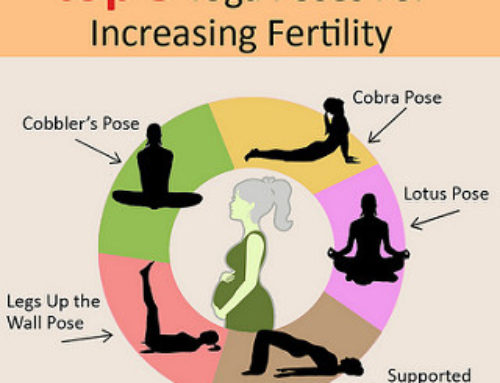
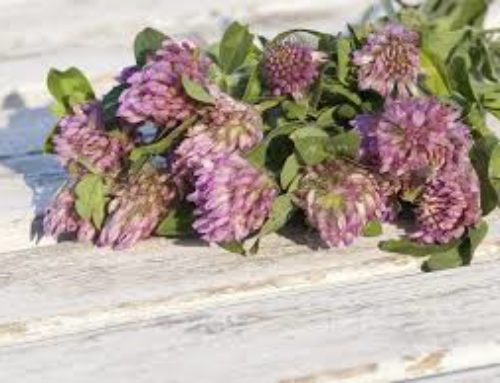
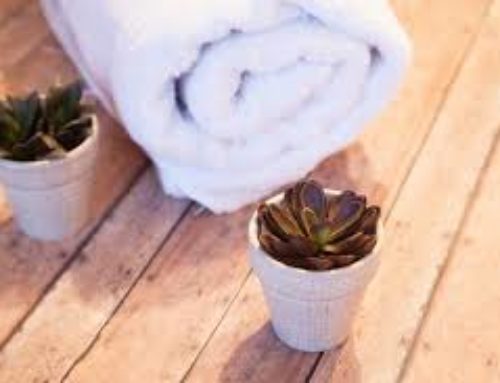
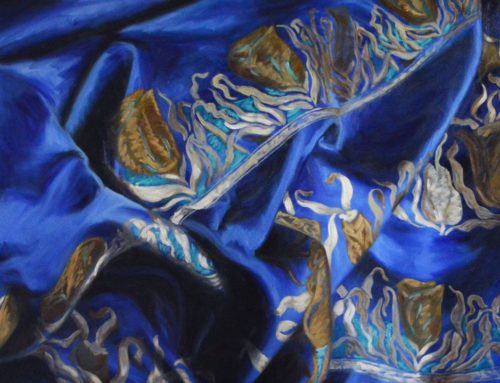
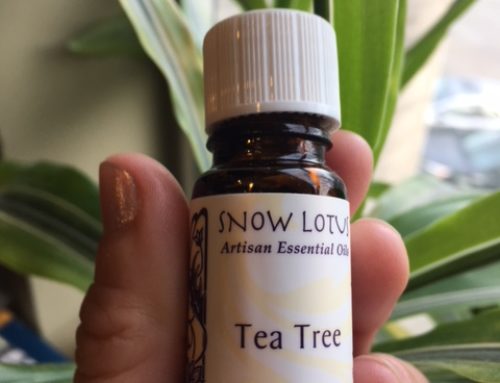
Leave A Comment